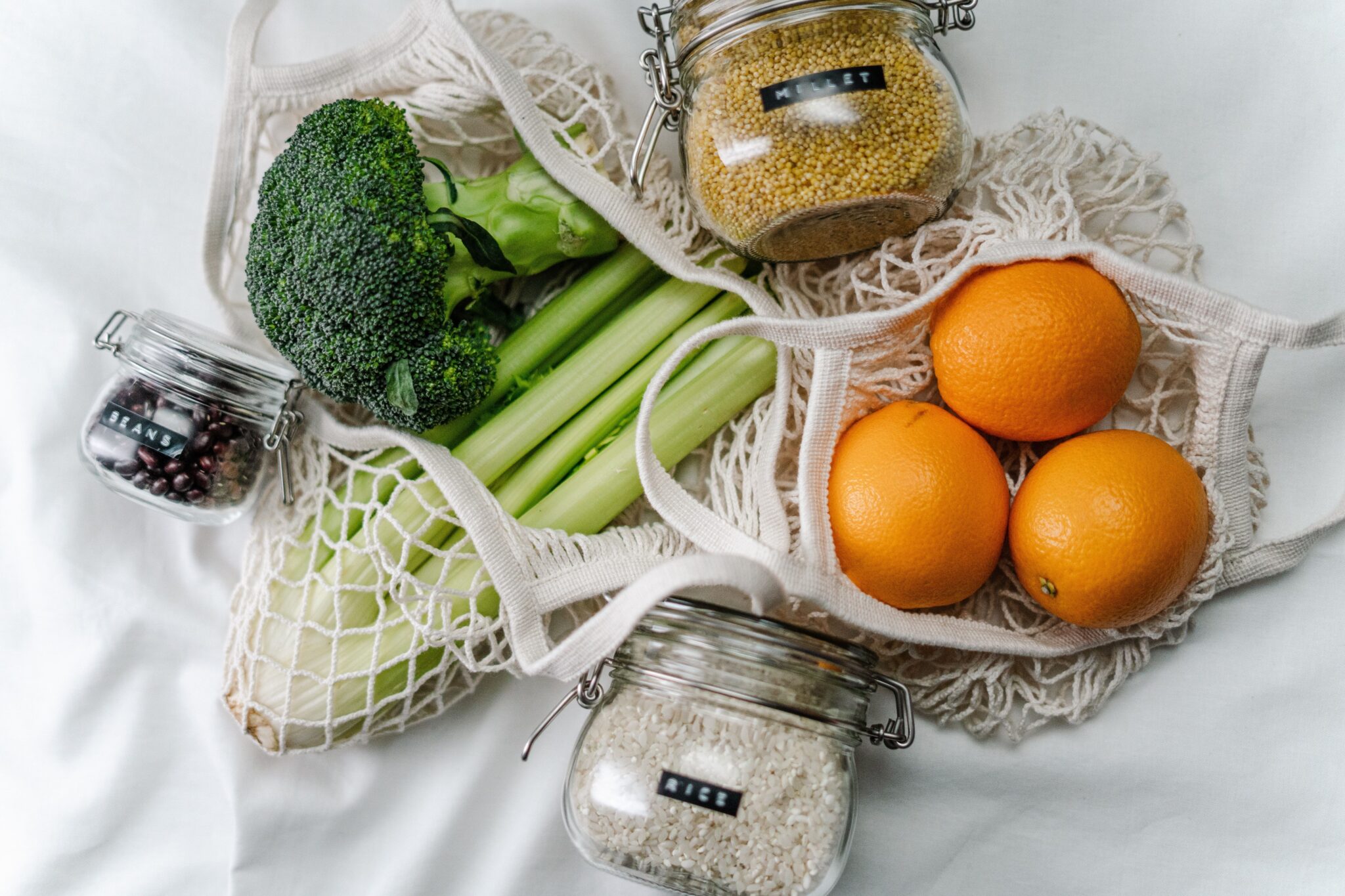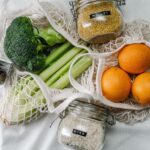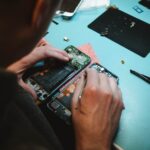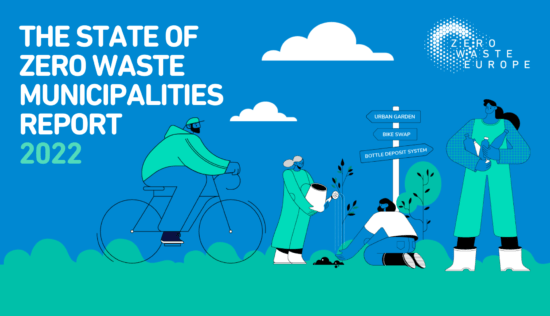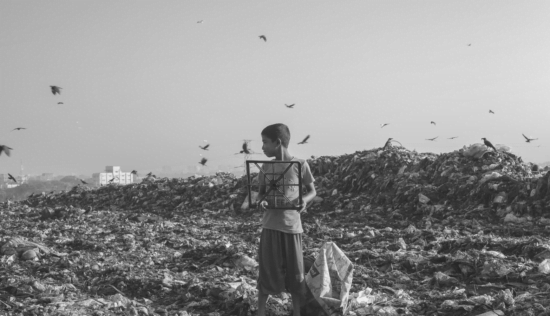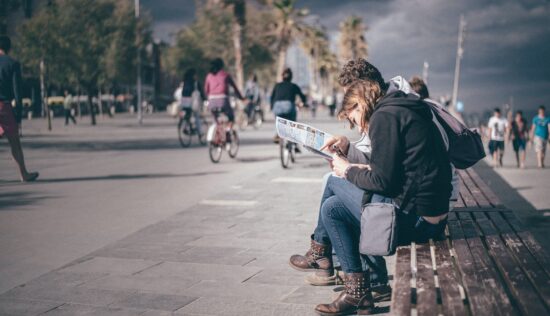The municipality of Kiel (Germany) has been on a journey to becoming a Zero Waste City since November 2020. Many great achievements and activities have been celebrated since then, including winning the 2021 Hans Sauer Award for its zero waste strategy. In May 2022, it achieved another great milestone by engaging its citizens in Kiel’s first community-wide Zero Waste Household Challenge.
Four weeks of zero waste
With the Zero Waste Household Challenge, Kiel wanted to motivate and inspire its citizens to adopt new ways of saving resources in their day-to-day lives by challenging existing behaviours and exploring new habits. Over the month of May, Kiel provided a different theme per week to its inhabitants, as well as initial steps and practical tips and tricks toward a waste-free lifestyle.

To increase the visibility of, and participation in, the Challenge, Kiel recruited five Zero Waste Challenge Ambassadors through an open call on social media. The selection of these Ambassadors prioritised everyday citizens who had already taken some steps towards a zero waste lifestyle and to whom people could relate and, thus, represent Kiel’s community as a whole, rather than public figures or celebrities. These Ambassadors marked the beginning of a new Challenge week with video messages where they shared their own experiences and tips for completing the challenge at hand. The city of Kiel also promoted digital meetings between participants, with all ideas, tips, and experiences shared in these calls now available on the city’s zero waste website.
A resounding and promising success
More than 400 participants and 170 households took part in Kiel’s Zero Waste Household Challenge. The progress self-tracking tool created for the challenge showed that participants thought more about their consumption habits and made conscious choices over that month.
For example, 75% of the participants said they are more conscious about buying second-hand items rather than brand-new ones (contrasting with 53% registered before the Challenge), and people buying <1 item of clothing per month rose from 60% to 88%. Likewise, the average use of packaged bathroom products went from 8.6 to 5.6 during the challenge – these were replaced by solid soap, reusable sanitary items, or homemade products. Participants also increased their use of reusable bags, cutlery, and food/drink containers by 10%.
Popular tips shared between participants included using toothbrush tablets, organising waste-free parties and celebrations, and visiting Kiel’s second-hand stores for hidden household and wardrobe gems. All of these are promising signs for a bigger uptake of a zero waste lifestyle in Kiel, in addition to the systemic changes brought about by the municipality!
The way forward
For Kiel’s municipal authorities, it was very interesting to engage with the participants in the weekly sessions and to exchange tips and experiences about zero waste lifestyles – particularly, the enthusiasm shown when sharing their creative ideas and how they had integrated zero waste into their daily lives. In future challenges, Kiel hopes to incorporate more in-person events, bringing this challenge and opportunity to even more citizens from all walks of life; and to incorporate a group element in the challenge, allowing clubs, companies, schools, and other associations to join.
We can’t wait to see what the next Kiel Zero Waste Challenge will look like!
—–
Do you want to know more about Kiel’s Zero Waste Challenge, or want more information to organise your own? Please contact Selina Kahl, the Zero Waste Project Manager, [email protected]
